After Pearson, the British multinational publishing and education company, headquartered in London, sold the Financial Times to Nikkei for 844m pound in July, on 12 August 2015, the company announced the sale of its 50% stake in the Economist Group, publisher of The Economist, to existing shareholders for 469m pound in cash.
The move will see a major change in the power structure of the major shareholders that control the Economist Group. A spokesman for the company said no immediate changes in the composition of the board are planned. The publisher of The Economist, the businesses of the Economist Group include the Economist Intelligence Unit (EIU) and the Washington-based CQ Roll Call.
The transaction will include amendments to the group’s articles, which will safeguard the independence of the company and crucially, the editorial independence of The Economist. The proposed changes will be put to a shareholder vote next month and include a 20% voting cap for any individual shareholder, and a rule that no one individual or company can own more than 50% of the group’s shares.
“We have been blessed over many years to have had in the Financial Times and subsequently Pearson, a shareholder that understood and supported the ethos of the group,” said Rupert Pennant-Rea, chairman of The Economist Group. “With their decision to sell, the board’s priority was to secure the independence of the ownership of the group and the continued editorial independence of The Economist. The strength of the group’s balance sheet meant that we could reorganise our shares so as to reinforce our editorial independence and benefit our shareholders. The transaction has the full support of the board, the trustees and the current editor of The Economist as well as her surviving predecessors.”
“By increasing our investment in The Economist, we are delighted to affirm our role as one of the group’s long-term supportive shareholders, along with the Cadbury, Layton, Rothschild and Schroder families and other individual stable investors,” said John Elkann, 39-year-old Fiat heir, whose investment company Exor paid 287m pound to increase its stake from 4.7% to 43.4% and become the single largest shareholder in the Economist Group.
Elkann is the grandson of Gianni Agnelli and oversees the family empire which has interests including Fiat Chrysler, Juventus football club and the publishers of Corriere della Sera, a leading Italian daily newspaper, and Turin daily La Stampa.
Pearson said that the divestment of its last newspaper asset meant that it was now focused on education.
“Pearson is proud to have been a part of the Economist’s success over the past 58 years, and our shareholders have benefited greatly from its growth,” said Pearson chief executive John Fallon. “Pearson is now 100% focused on our global education strategy. The world of education is changing rapidly and we see great opportunity to grow our business through increasing access to high-quality learning globally.”
Pearson still owns a 47% stake in Penguin Random House, the book publisher created in 2012 when Pearson merged Penguin with Bertelsmann-owned rival Random House.
Following the deal, in its print issue on 15 August 2015, The Economist wrote: “A change in ownership is an important event for any newspaper, even The Economist, whose editorial independence is absolute and is fiercely guarded by four independent trustees. We are confident that this transaction, which is subject to the approval of our shareholders and is only the second significant change of ownership in our 172-year history, will serve this newspaper and its readers well. A responsible and engaged minority shareholder will increase its stake; The Economist Group has used its strong balance sheet to reinforce the company’s commercial independence. New safeguards are being drawn up to place extra limits on the influence of any individual shareholder and to allow us to raise more equity capital should we wish to do so. At a time when truly independent journalism is all too rare and often under threat, we are strengthening ours—and, in doing so, are improving our ability to serve our readers in the future.”











 See All
See All